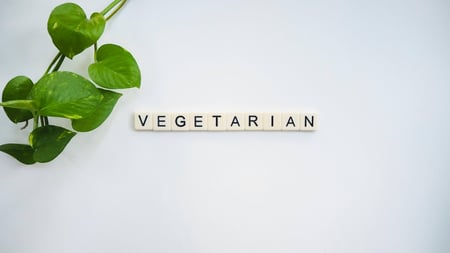Close to the energy transition
The regulations governing the energy transition are undergoing rapid amendments to support the transition to renewable energy sources. New standards, subsidies and requirements for energy solutions, such as smart grids, heating, and storage, introduce both capabilities and complexity.

A major transition: innovation and opportunities
The Netherlands is in the process of a major energy transition. The entire energy supply must be fully sustainable by 2050. We face significant challenges, including constant pressure for innovation and investment in new technologies, such as renewables and energy storage solutions. The transition to sustainable heating sources poses a significant challenge. Existing legislation does not appropriately address market demand, which gives rise to uncertainty.
Moreover, the transition to a decentralised energy system also entails new challenges, such as the need for the expansion of (smart) grids due to network congestion. Market players must continuously adapt to changes in order to remain successful and to be able to capitalise on new opportunities in the energy market.
Smart solutions for optimal grid operation
Grid congestion is a growing problem affecting the energy transition in the Netherlands. The demand for transmission capacity exceeds supply with increasing frequency, with the result that the electricity grid is overloaded. Transmission restrictions compel connected parties to make more intelligent and efficient use of the electricity network.
We can tackle this issue intelligently by bringing companies together in smart energy hubs and by using collective or flexible connection and transmission agreements (CTAs), known as ‘non-firm ATOs’. In addition, cable pooling can offer a solution in certain cases, and it is possible to manage the transmission capacity shortfalls by temporarily shutting down energy generation facilities for a fee, a process referred to as 'curtailment'.

Efficient heat network solutions
Heat can serve as an alternative to natural gas and can play an important role in reducing CO2 emissions and making buildings and homes more sustainable. This has had the effect of boosting the heating projects undertaken by public authorities, housing corporations and homeowners associations, landlords, project developers, network operators and other businesses.
Whereas the current Heating Act [Warmtewet] is predominantly of a protective nature, the impending Collective Heating Act [Wet collectieve warmte] (WCW) will play an important role in the construction of heating grids. The new legislation will also alter the dynamics between the parties involved. The municipal councils will be responsible for management in their capacity as initiators. Grid operators and network companies are also seeking active participation in heating firms. Although all of this is feasible, it goes without saying that the legal structure is vitally important.

Important points requiring attention in this respect:
Do you have a question? Get in touch with our specialists without any obligation.
Local energy generation and storage
No less than 27% of all energy consumed in the Netherlands must be derived from sustainable sources by 2030 and the transition to a climate-neutral energy supply must be completed by 2050. This has led to constant debates about topics such as the implementation of on-shore wind and solar projects and the storage of the energy which is generated.
Permits are needed for such energy projects. Obtaining them is a complex process. The relevant parties must comply with regulations and simultaneously devote attention to spatial aspects and integration. Citizen participation is playing an increasingly important role in this. At the same time, connecting to the electricity grid and obtaining transmission capacity is a growing challenge for companies. Storage system operators have to contend with substantial transmission costs, which pose significant challenges for the completion of a business case.

Discover our latest insights
Stay informed within the field and find in-depth knowledge, insights and practical tips.


Meet all lawyers, tax specialists and notaries
With more than 300 committed employees, Dirkzwager works with you toward pragmatic solutions and sustainable strategies. Lawyers, notaries and tax specialists available under one roof. Our team is ready for you.















